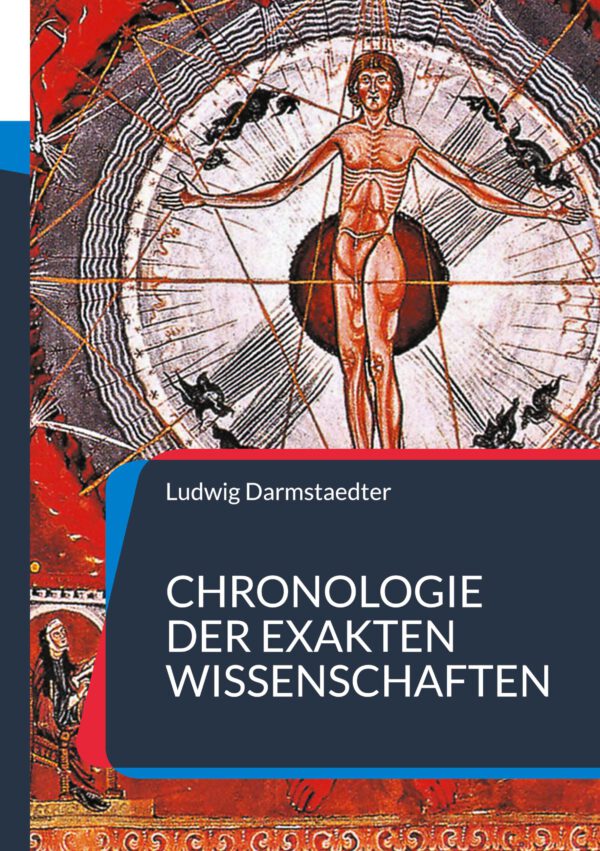Teilen:
06.03.2023 11:49
Plötzlich gesund
Fortschreitende Naturerkenntnis, ganz allgemein gesprochen, ‘Wissenschaft’, ist der stärkste Feind des medizinischen Wunders. Was unseren Vorfahren als Wunder erschien, was einfache Naturvölker heute noch in heftige Erregung versetzt, das berührt den zivilisierten Menschen längst nicht mehr.
Doch es gibt einen Gegensatz, der jedem Denkenden sofort auffällt: der unerhörte, durchaus nicht abgeschlossene Aufstieg der wissenschaftlichen Heilkunde und die ebenso unerhörte Zunahme der Laienbehandlung und der Kurpfuscherei. Man schätzt die Zahl der Menschen, die der Schulmedizin kein Vertrauen schenken, auf immerhin 50 Prozent.
Wie kann es sein, daß Laienbehandler und Kurpfuscher immer wieder spektakuläre Erfolge aufweisen, von denen die Sensationspresse berichtet?
Der Autor geht dieser Frage nach und kommt zu interessanten Erkenntnissen, aus denen er Vorschläge für eine bessere Krankenbehandlung durch seine ärztlichen Standesgenossen ableitet.
Researchers investigate the influence of oxidative stress on peptide aggregation
Despite considerable advances in research, there is still no cure for many age-related diseases, such as Alzheimer’s. One hypothesis for the development of Alzheimer’s is the aggregation of peptides, i.e. their “clumping”, in the brains of people with the disease. But stress has also been suspected as a possible trigger. Scientists from Leipzig University, Monash University in Australia, the Leibniz Institute of Surface Engineering (IOM) and the University of Göttingen have investigated the links between oxidised cell membranes and peptide aggregation and have now published their findings in the journal Chemical Science.
The researchers wanted to better understand how cell membranes in the body influence the structure of peptides – these are molecules made up of amino acids – and their aggregation. To do this, they used model systems that are easy to control experimentally. First author Dr Torsten John, who did his doctorate under Professor Bernd Abel in Leipzig and is now a researcher at the Massachusetts Institute of Technology (MIT) in the US, explains: “One of the effects of stress in the body is that it leads to oxidative processes and thus changes the chemical composition of membranes. In our experiments, we compared the effects of oxidised membranes with those that were not changed.” The scientists combined both biophysical laboratory experiments and computer simulations to better understand peptide aggregation. “Computer simulations, known as molecular dynamics simulations, provide molecular insights into the mechanisms of interactions between membranes and peptides, ” explains Professor Abel.
It was already known that membrane composition plays an important role in peptide aggregation. However, there has been little research into the role of oxidised membranes. The researchers found that the effects differ between peptides. One of the peptides studied (Aβ40), which is associated with Alzheimer’s disease, aggregated faster in the presence of all membranes. In contrast, the aggregation of another peptide (uperin 3.5) was completely prevented in the presence of the same amount of oxidised membranes. Professor Abel explains: “Depending on the peptide’s properties, including its charge, its attraction to the membrane changes, and thus the strength of the influence. If the peptides accumulate on the membrane surface, this accelerates their assembly and aggregation. However, if the attraction is very strong and they change their structure into a helix, then they can no longer aggregate.”
The scientists deliberately chose peptides for their study that aggregate similarly but have a different origin. Aβ40 is known to be deposited in the brains of people with Alzheimer’s disease, whereas uperin 3.5 is an antimicrobial peptide first discovered in an Australian toad species. Previously, the team of researchers led by Professor Lisandra L. Martin of Monash University in Australia reported on possible links between peptide aggregation in neurodegenerative diseases and the antimicrobial properties of peptides. The study, published in the journal Chemical Science, further discusses the functional role of amyloid peptides. The research took place under the auspices of the DFG Collaborative Research Centre / Transregio 102, “Polymers under Multiple Constraints: Restricted and Controlled Molecular Order and Mobility”.
Original title of the publication in Chemical Science:
“Lipid oxidation controls peptide self-assembly near membranes through a surface attraction mechanism”, DOI: 10.1039/d3sc00159h.
Wissenschaftliche Ansprechpartner:
Professor Bernd Abel
Institute of Chemical Technology
Phone: +49 341 97-36389
Email: bernd.abel@uni-leipzig.de
Weitere Informationen:
https://pubs.rsc.org/en/content/articlelanding/2023/sc/d3sc00159h
Bilder
Oxidised model membranes have different effects on peptide fibril formation, driven by membrane surf …
Image: Leipzig University
Merkmale dieser Pressemitteilung:
Journalisten, Wissenschaftler
Chemie, Medizin
überregional
Forschungsergebnisse, Wissenschaftliche Publikationen
Deutsch




















































